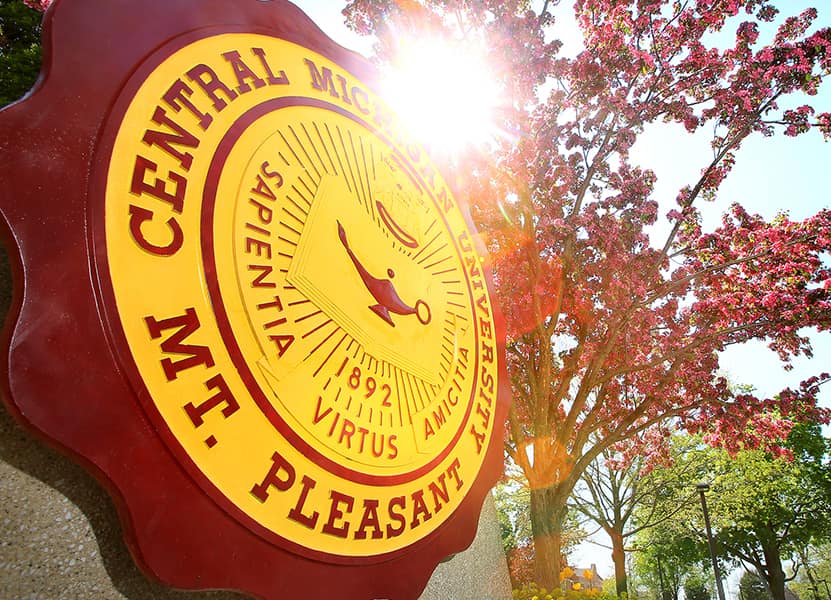The collection consists of personal and career information of James Bradshaw, 1.75 Cubic Feet (in 4 boxes).
Personal: This section of the collection consists of materials documenting primarily Bradshaw’s time in school and the U.S. Army during World War II. Materials include: biographical material, school work, school newspaper articles, photographs, World War II Literature, and extensive wartime correspondence. Topics mentioned include life in the service, troop movements, interaction with other Allied forces personnel, occupied castles, and other similar subjects.
Career: This portion of the collection contains accumulated materials and works compiled during Bradshaw’s long career. Examples of the materials include: press correspondence, published and unpublished writings, which include some research materials, photographs, and presidential press materials related to President Eisenhower and (then) Vice-President Nixon’s tour of South America in the late 1950s and early 1960s. Press Kits may include: Programs, Itineraries, Route Map Press ID badge, Press releases, invitations, and Photographs. Several of the articles have a focus on Michigan history and Latin America economics.
Researchers may be interested to know that some of Bradshaw’s papers are in the John F. Kennedy Presidential Library and some in the Bentley Historical Library.
An addition to the collection was added in 2021. Except for three folders added to the end of Box 3, one of which is articles Bradshaw wrote about President John F. Kennedy, materials were interfiled into existing folders.
Processing Note: During processing 4 Cubic Feet of duplicates and peripheral materials were removed from the collection. Examples of removed documents include blanks, unrelated publications, non-specific correspondence, out of scope articles, and extensively water damaged materials. Due to the large amount of correspondence in this donation, samples were retained, similar, nonspecific and unrelated correspondence were withdrawn.
Mildew Note: A strong essence of mildew is found throughout parts of the collection. Researchers with allergies should take appropriate precautions.
Biography:
James Stanford Bradshaw was born to Clarence A. and Stella (Cashdollar) Bradshaw at Campbell, Missouri on December 6, 1921. They later moved to Michigan in 1935. He graduated from Flint Northern High School in 1939. From there, he continued his education at Grand Rapids Junior College in 1941 and subsequently moved into Western Michigan University until drafted into the U.S. Army in 1942.
While in the U.S. Army, Bradshaw, for the most part, conducted payroll duties and served at a few locations in the United States before shipping overseas including Camp Robinson, Arkansas and Camp Fort Meade, Maryland. During his tour in Europe, he was stationed in both France and Germany. During his time overseas, he was a part of the 254th Infantry Regiment. At this time, he earned the Bronze Star and the Combat Infantry Badge.
Once discharged from the Army, Bradshaw furthered his education at the University of Michigan, completing his bachelor’s and earning his Master’s degrees. Intermittently, he held numerous positions at several newspapers including Grand Rapids Press, Ann Arbor News and Associated Press (AP). While at AP Bradshaw became a foreign correspondent stationed in South America. During this time, he covered President Eisenhower and (then) Vice-President Nixon’s tour and the Cuban Revolution during the 1960s. He met his wife, Joan Rouquette (1928-2025), while in South America. They were married December 18, 1953. Joan served in the British Foreign Service in the Dominican Republic, Yugoslavia, and Brazil, where they met.
Finished with foreign correspondence, Bradshaw earned his Ph.D. from Michigan State University in 1969. From there he found employment at Central Michigan University (CMU) as an assistant professor in Journalism in 1969. He retired as a full professor in 1983. While at CMU he did freelance work for numerous newspapers and journals, most of the articles he submitted pertained to Michigan History or Latin American economics.
James Bradshaw died on August 3, 1990 and was survived by his wife and children.
Joan was active in St. John’s Episcopal Church and the Goodrow Fund in Mount Pleasant. She married CMU Professor Eric Kadler in 2002, and they remained married until his death in 2006. Joan, a lovely, kind lady died on January 2, 2025. A copy of her obituary was added to the collection by Archivist M. Matyn, who knew Joan. (This information is from the collection and a statement by Joan which was included with the donation.)
